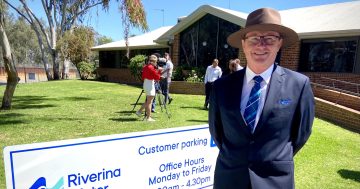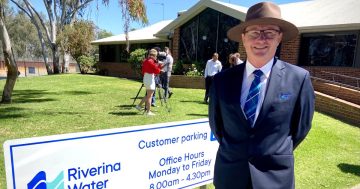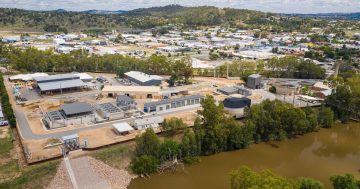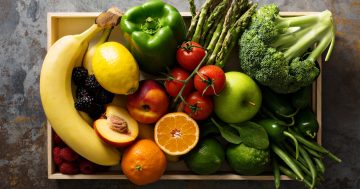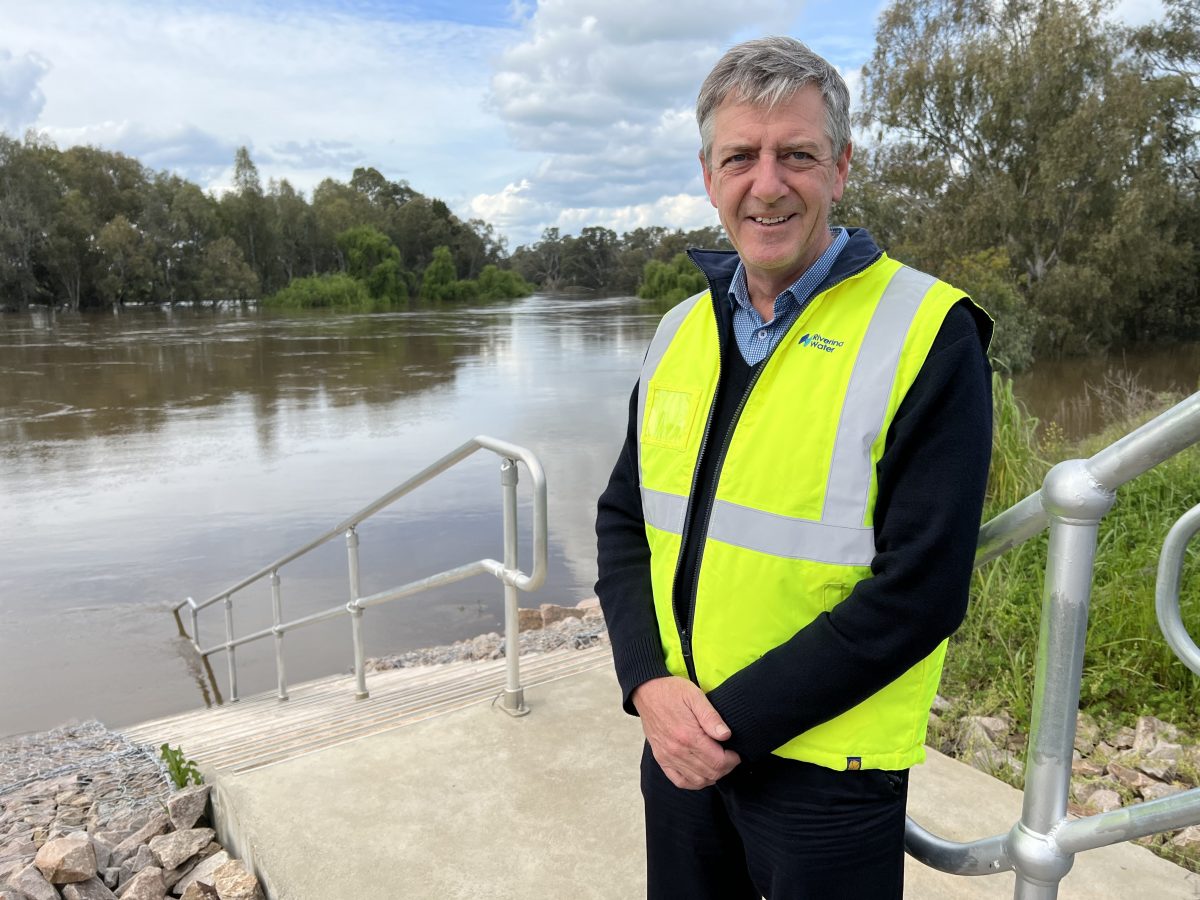
Water, water everywhere but this is not to drink. Photo: Chris Roe.
One thing we are not short on at the moment is H20, but the team at Riverina Water warns that we should never take it for granted.
“It may not feel like it now, but it’s in the long-term interests of humankind that we drum in the importance of not wasting this life-giving resource,” said general manager Andrew Crakanthorp.
Riverina Water is getting behind the nationwide conservation initiative Water Night, encouraging Australians to turn off the tap for five hours to reflect on the importance of this finite resource.
“People don’t realise that on average they turn on the tap 16 times a day,” he explained.
“Forty-five per cent of Australians don’t know where their tap water comes from and we want to change this percentage.”
Water Night’s organisers hope Australians will sign up for the challenge and avoid using running water from 5-10 pm on Thursday, 20 October.
You can pre-fill water bottles, kettles, sinks, etc before the event and flush the toilet if you have to, but the idea is to help us realise just how often we reach for the tap on a day-to-day basis.
Research shows that Gen Z is the least water-literate generation and is a big focus of this year’s ”Life in every drop” campaign.
“Australia’s Gen Z population may be motivated by climate action and the severity of it, however, within the climate action conversation, water gets little attention and ironically, Gen Z happen to be the least water-efficient consumers of water in Australia,” said Chris Philpot, CEO of The Water Conservancy, which is behind the event.
“We want to reframe how this generation thinks and acts on water usage.”
So where does the Riverina’s water come from?
“As much as 80 per cent of it comes from our bore system, which is pulling water from underground aquifers, and we treat that here at Hammond Avenue,” said Mr Crakanthorp.
“Then the remaining 20 per cent comes from the treatment of river water.”
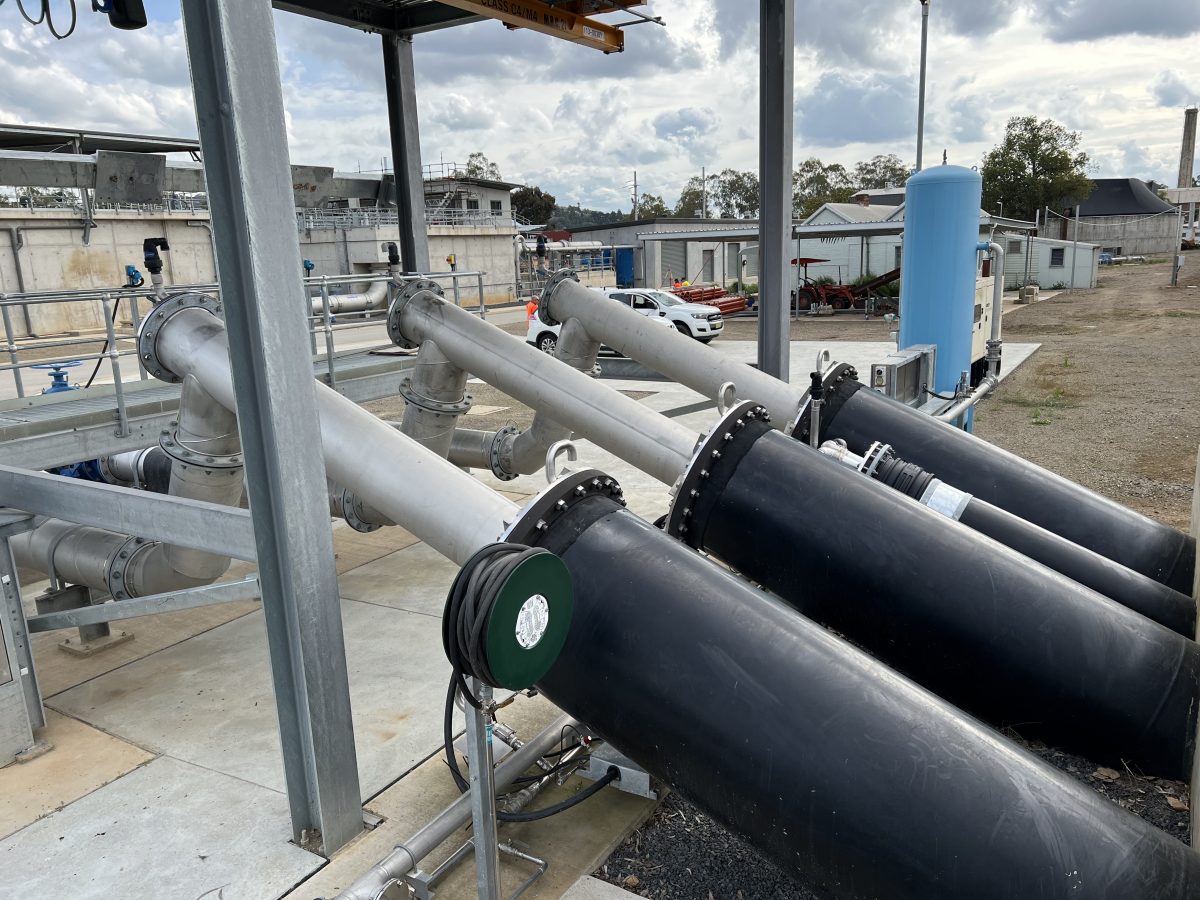
During flooding the pumps are turned off as the dirty water is expensive to process. Photo: Chris Roe.
Riverina Water director of engineering Bede Spannagle explained that it is more cost-effective to use the bores.
“The water is cleaner so it costs less to treat it, so we maximise that where we can but in summer we have to supplement with river water.”
It’s somewhat ironic that in times of a big river, less water is processed out of the Murrumbidgee.
“During a flood, the river is very dirty so we will actually switch off the part of the water treatment plant that’s fed by the river,” Mr Spannagle said.
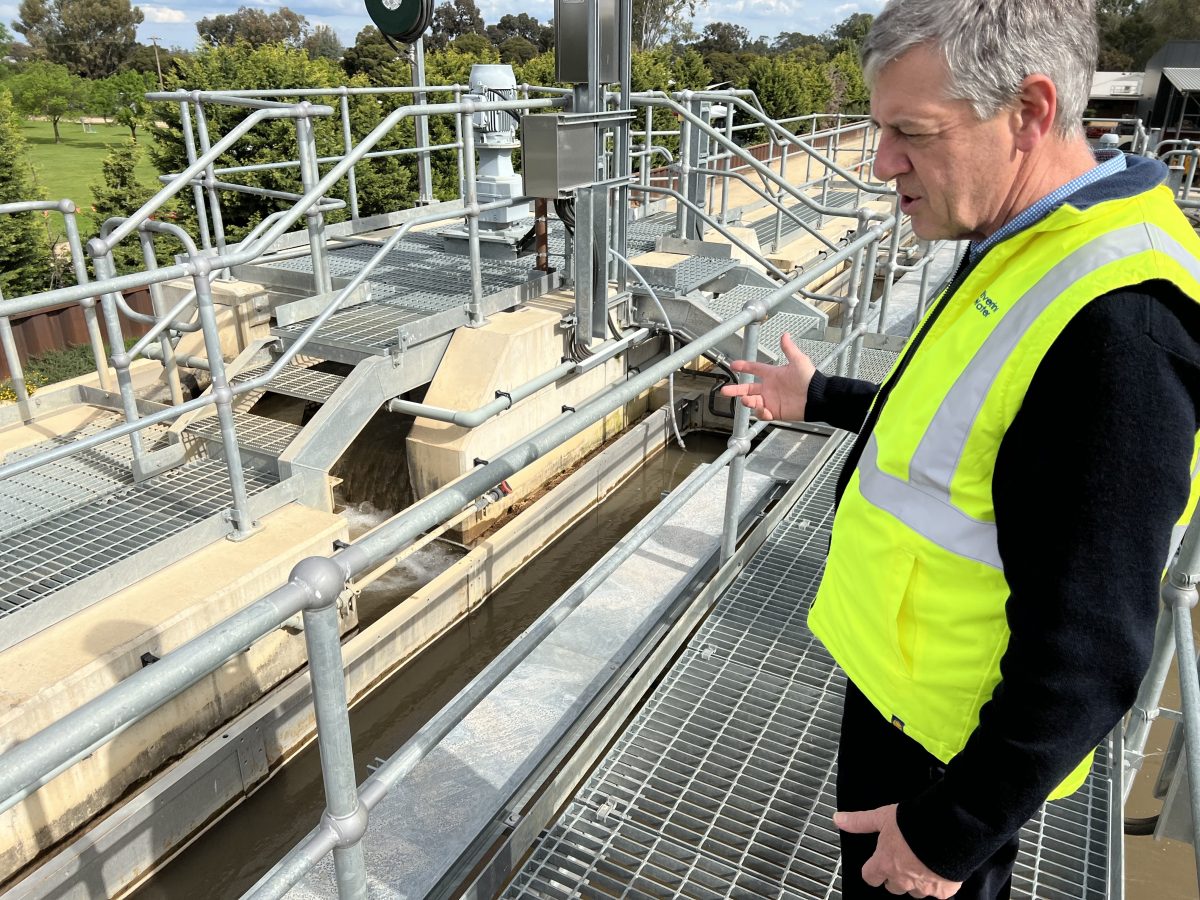
Director of engineering Bede Spannagle explains how Riverina Water’s treatment plant works. Photo: Chris Roe.
“We can still treat the river water but this way uses less electricity and less chemicals.
“It also works because no one is watering their lawn or filling up their pools at the moment and demand is not that great.”
Mr Spannagle hopes that education initiatives such as Water Night will help people to value what we have.
“If you turn on the tap, anywhere in Wagga, you get tap water for $1.51 for 1000 litres,” he said.
“So when you get good clean water for less than a cent a litre, people tend not to place a value on it and they tend not to conserve it.”
You can learn more about Water Night here.







